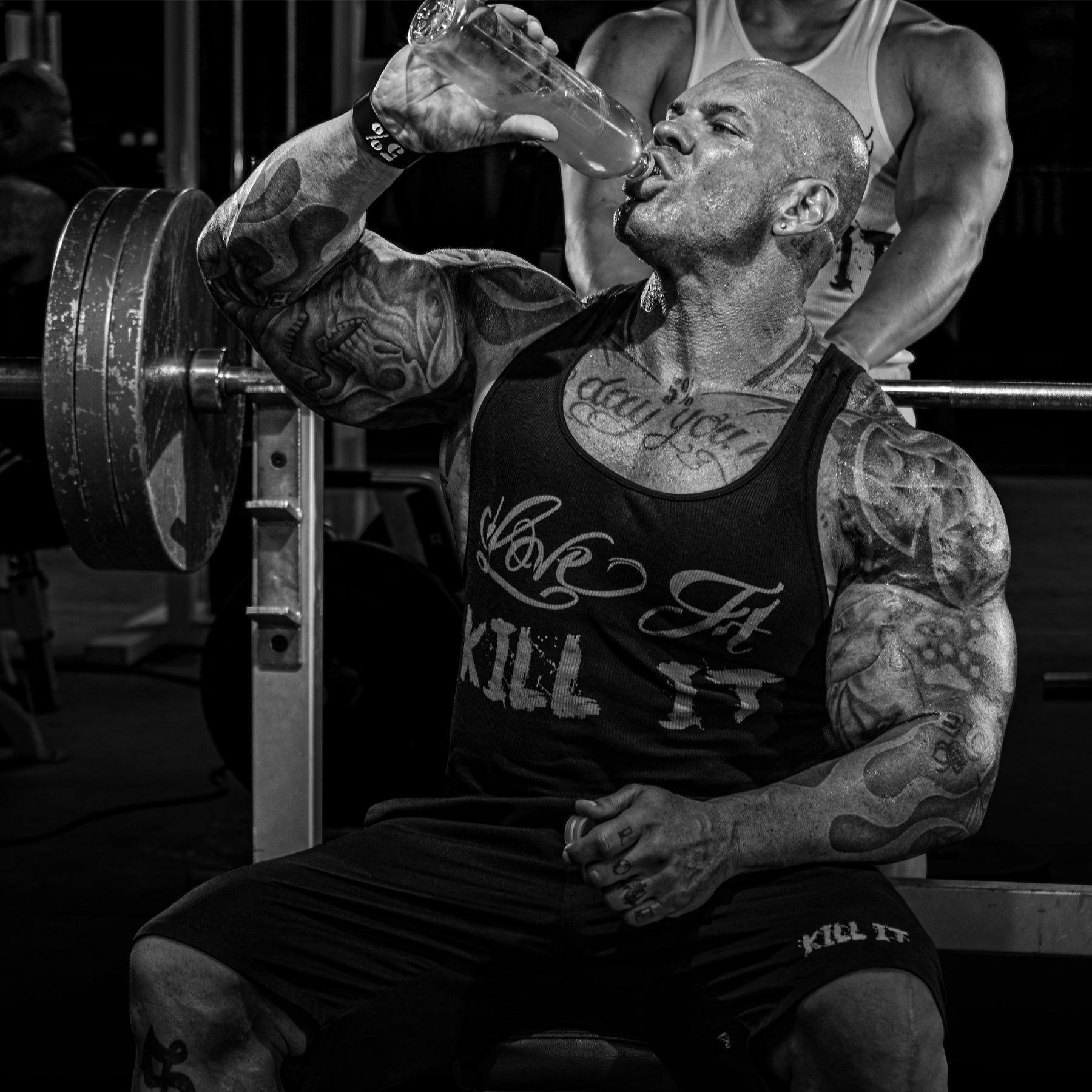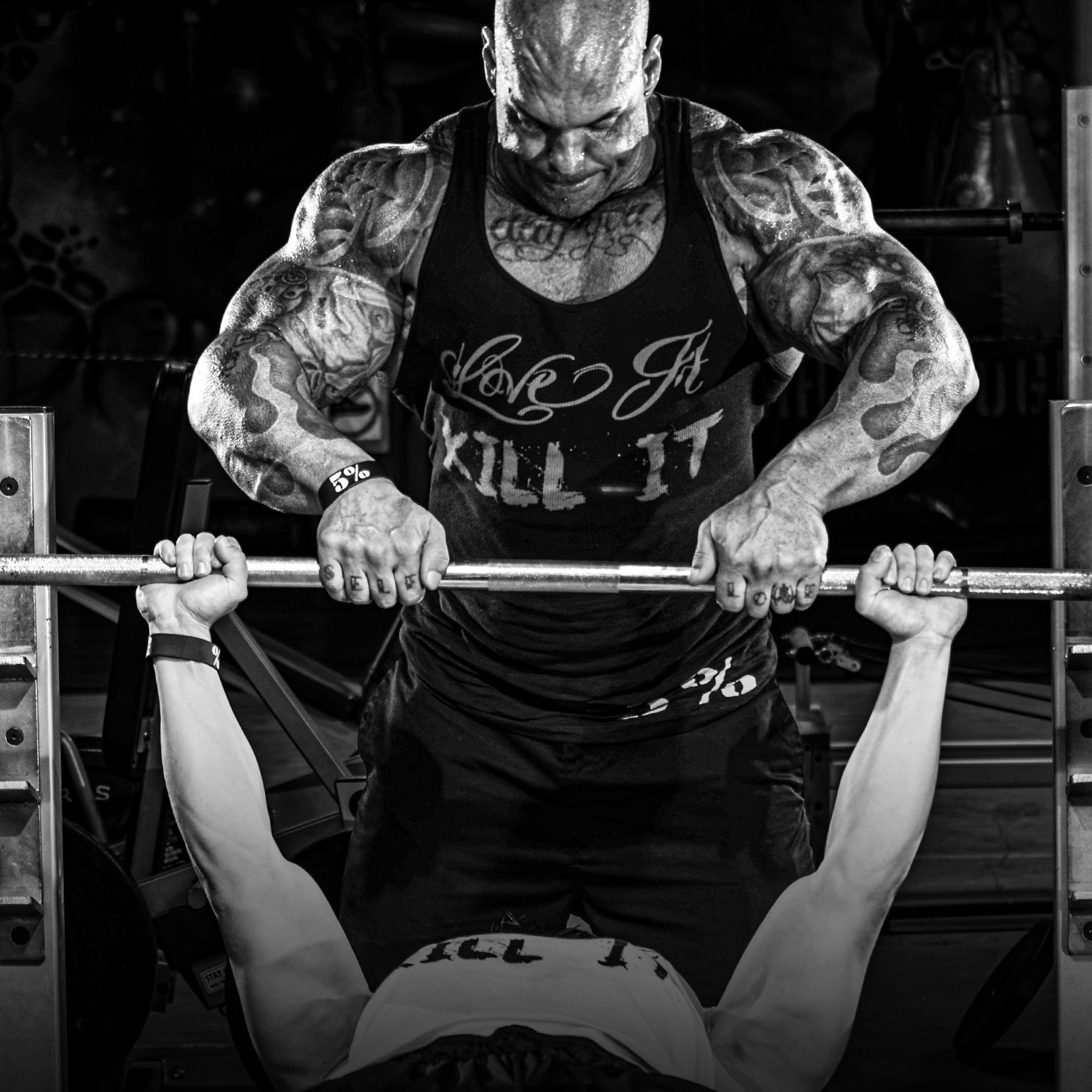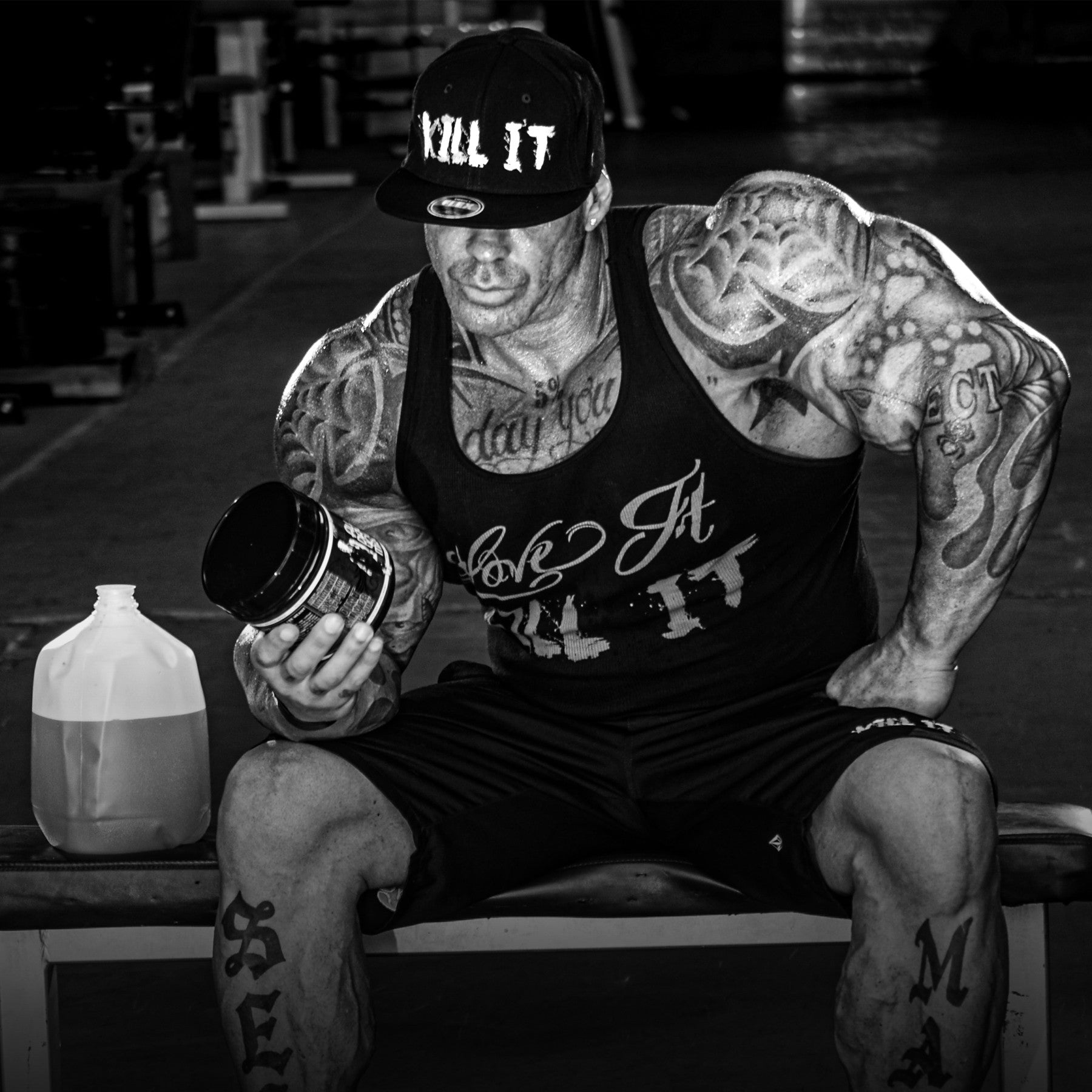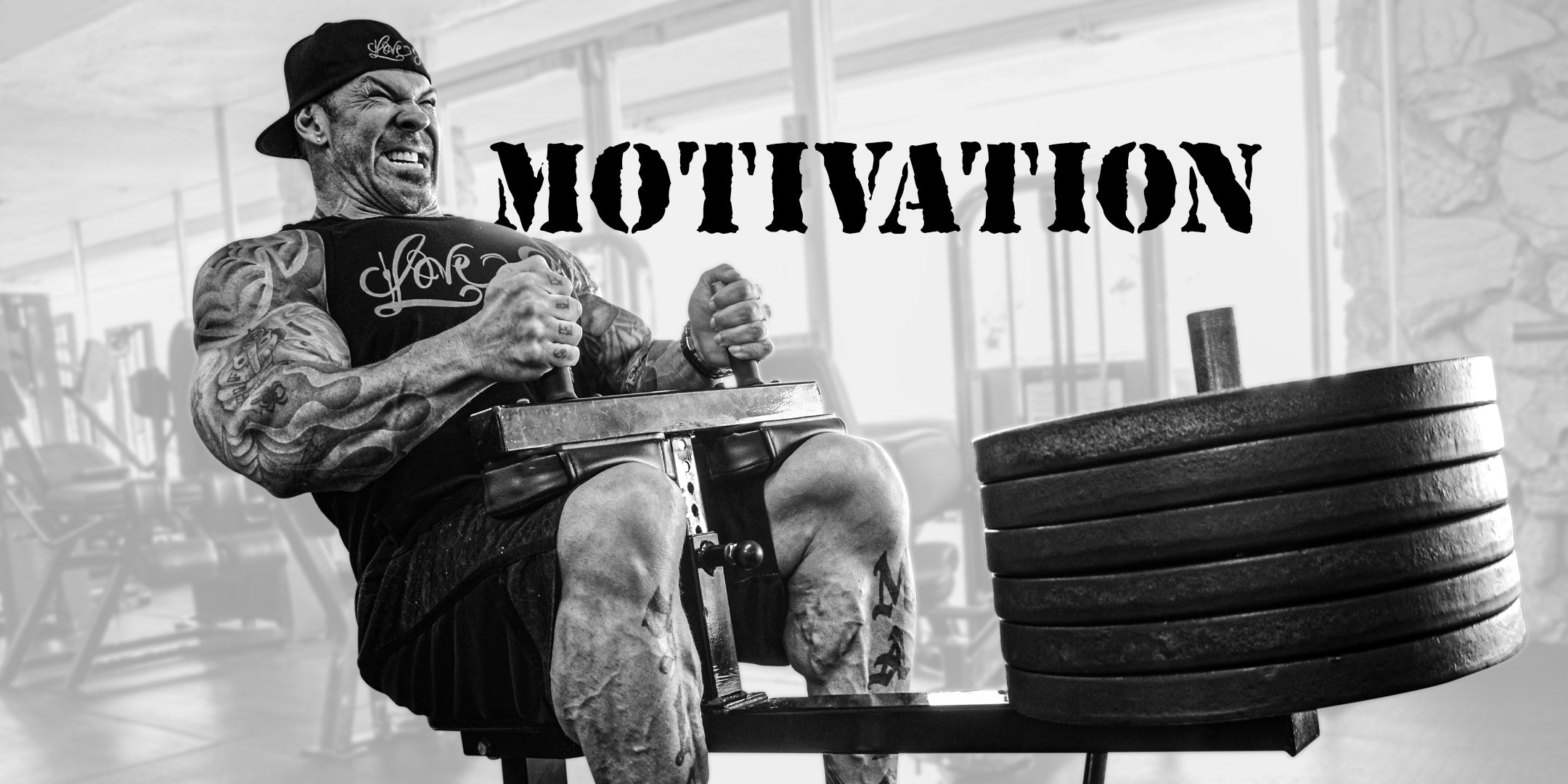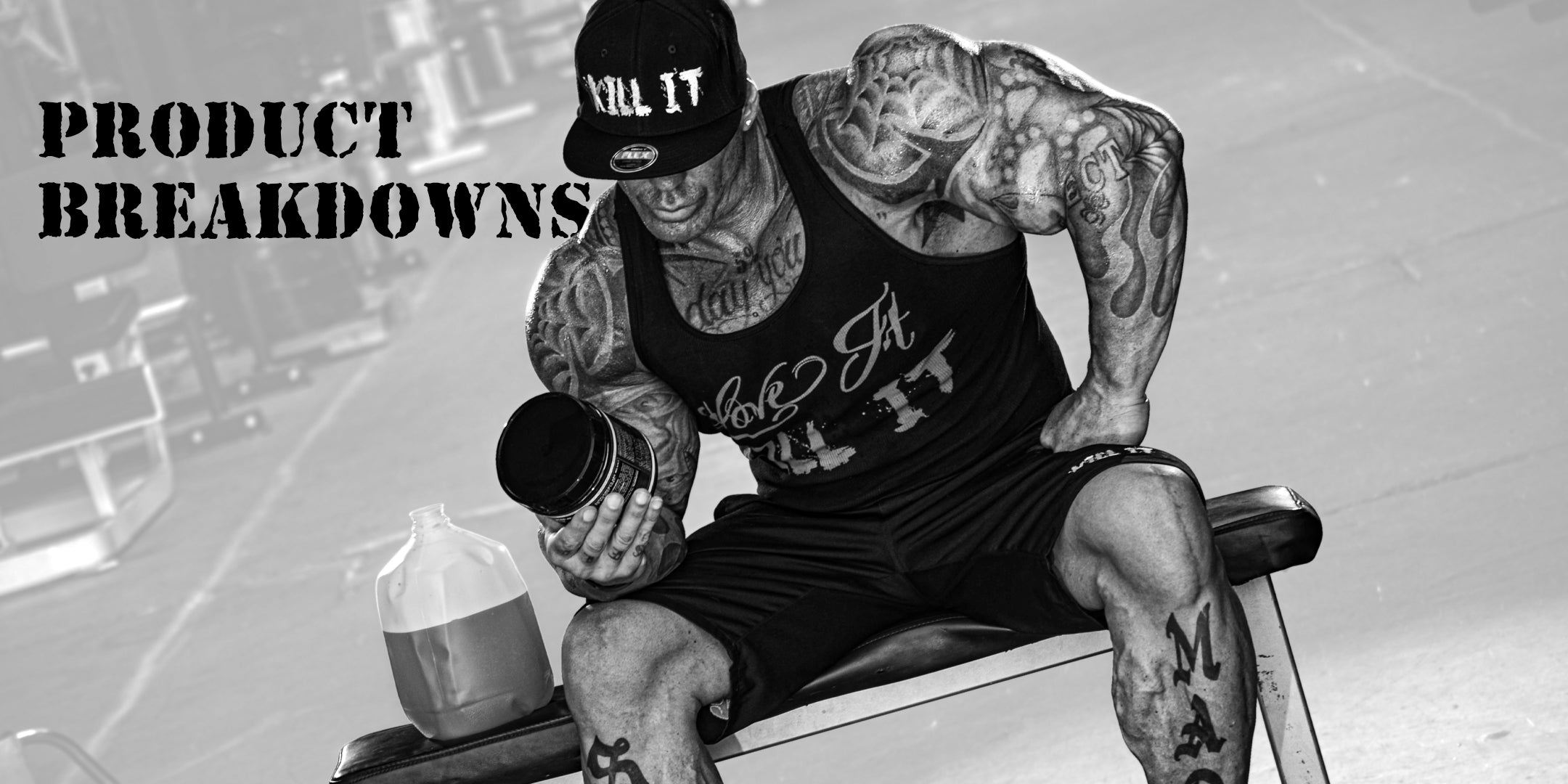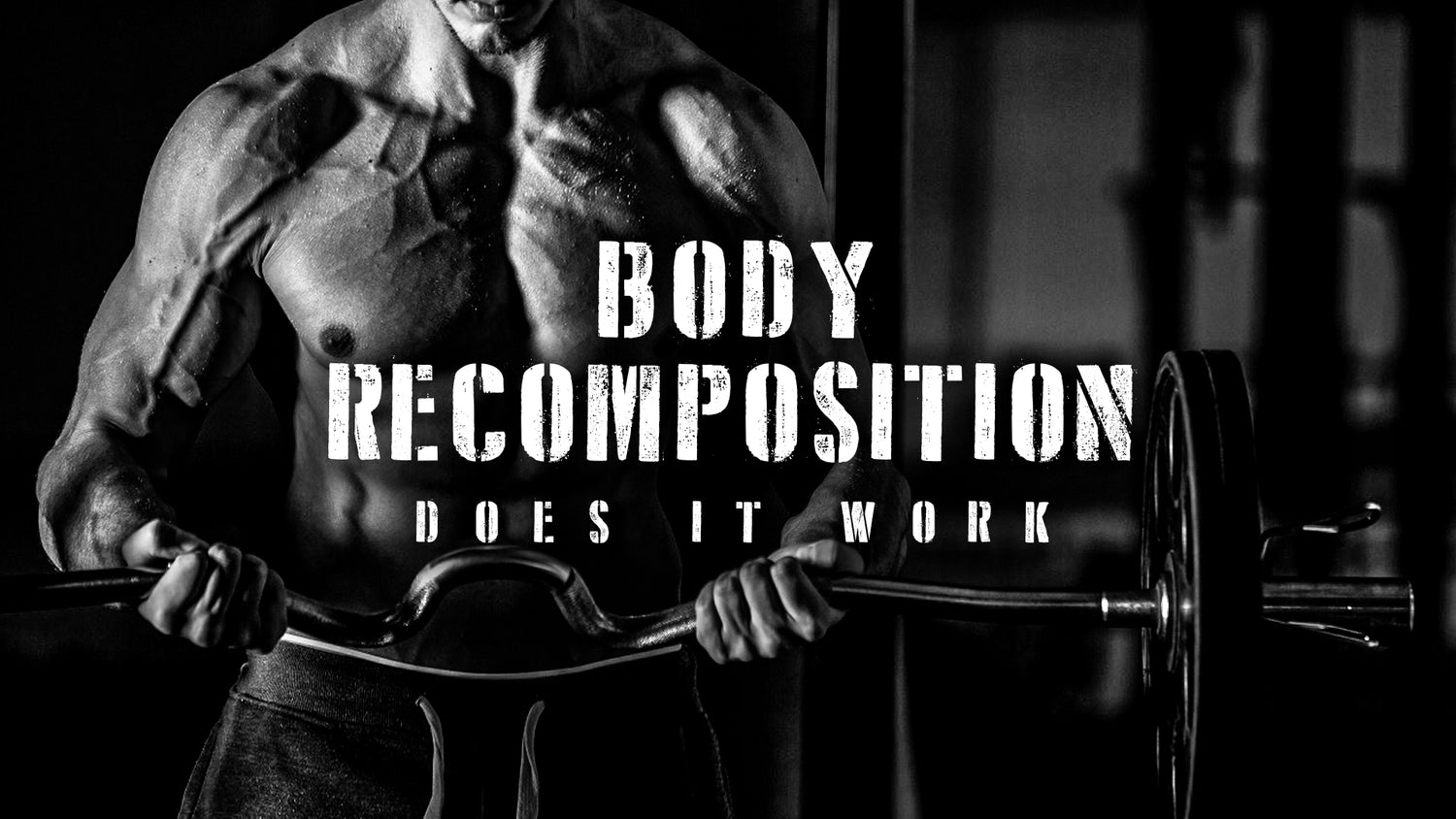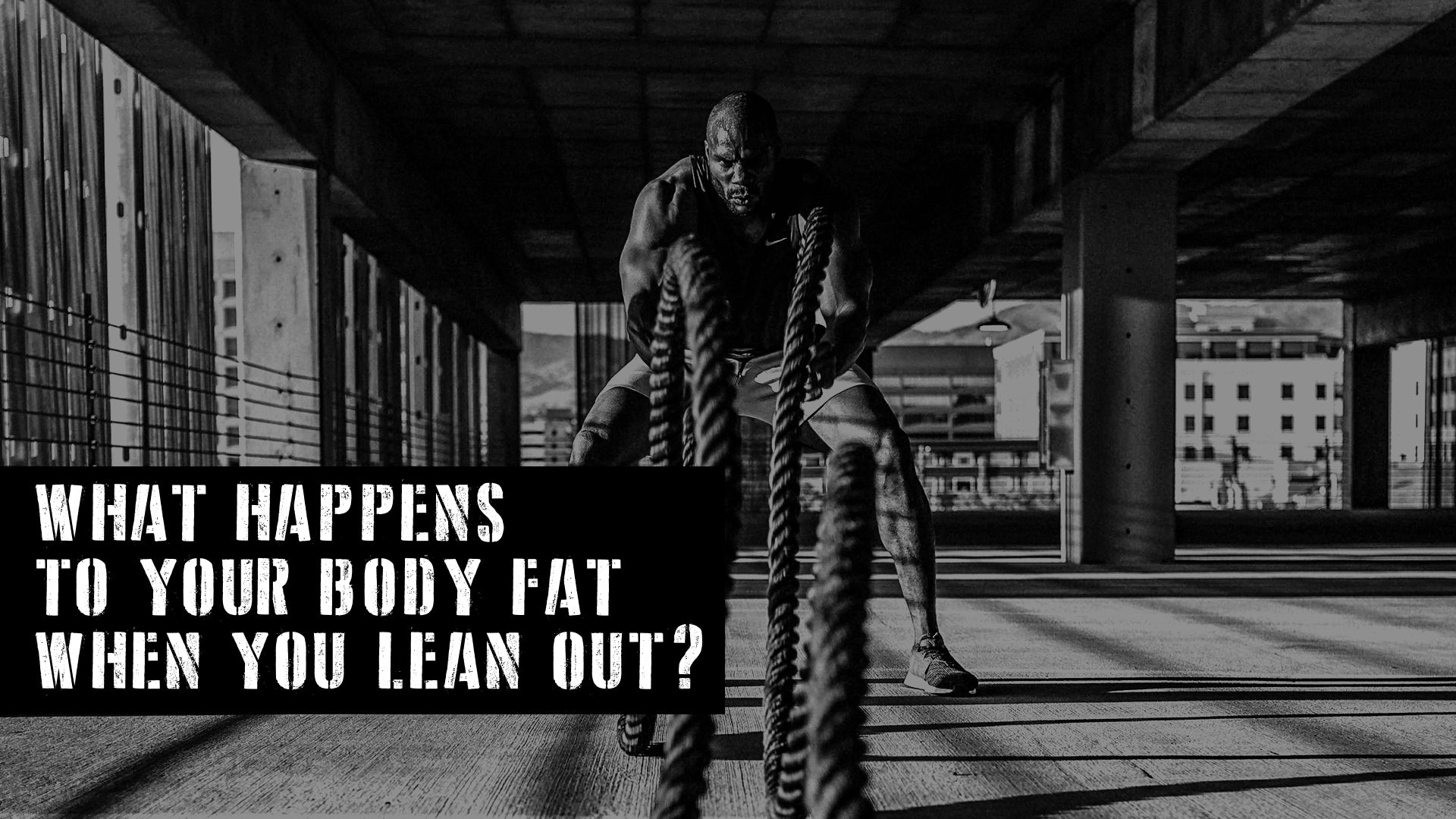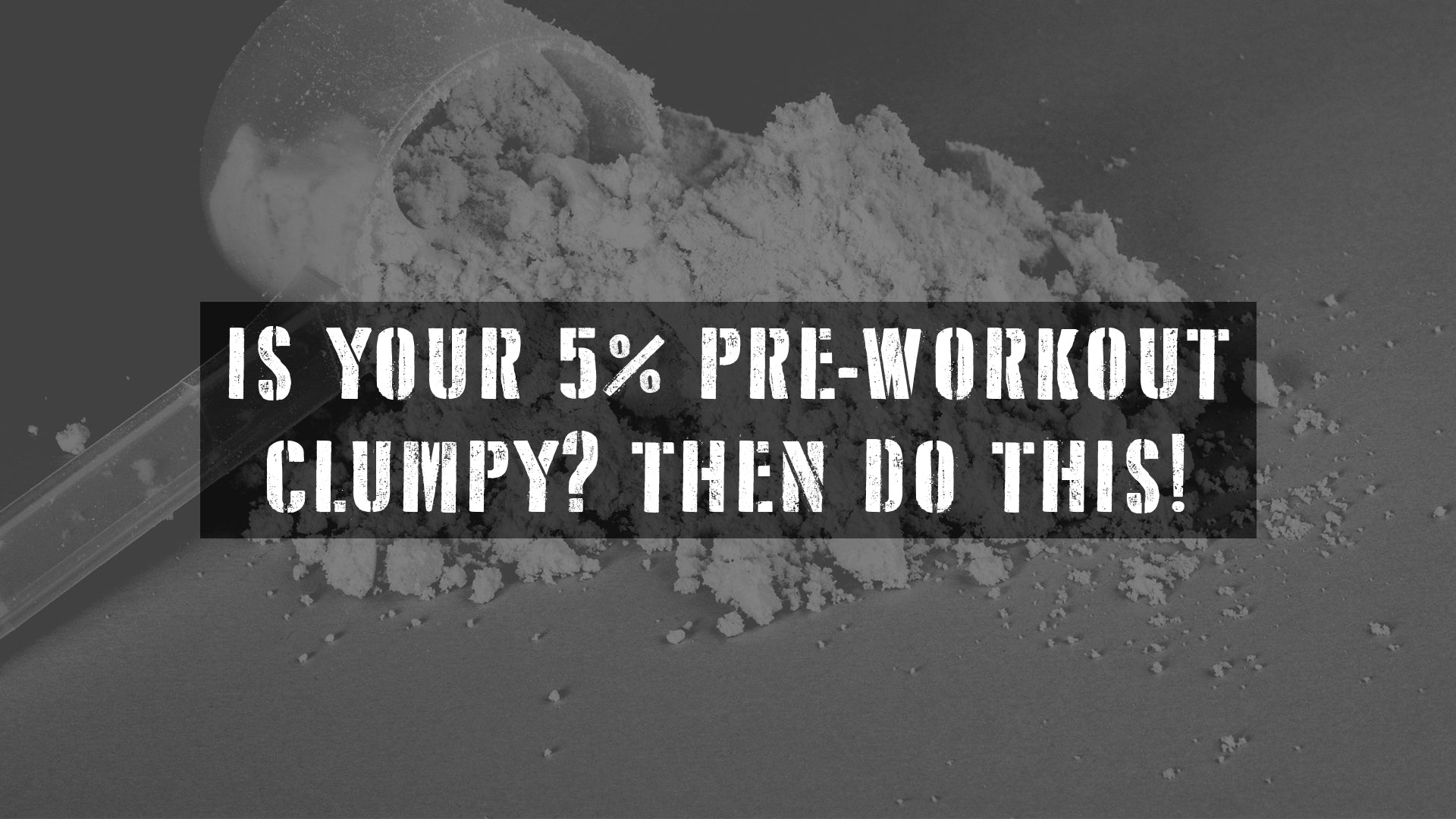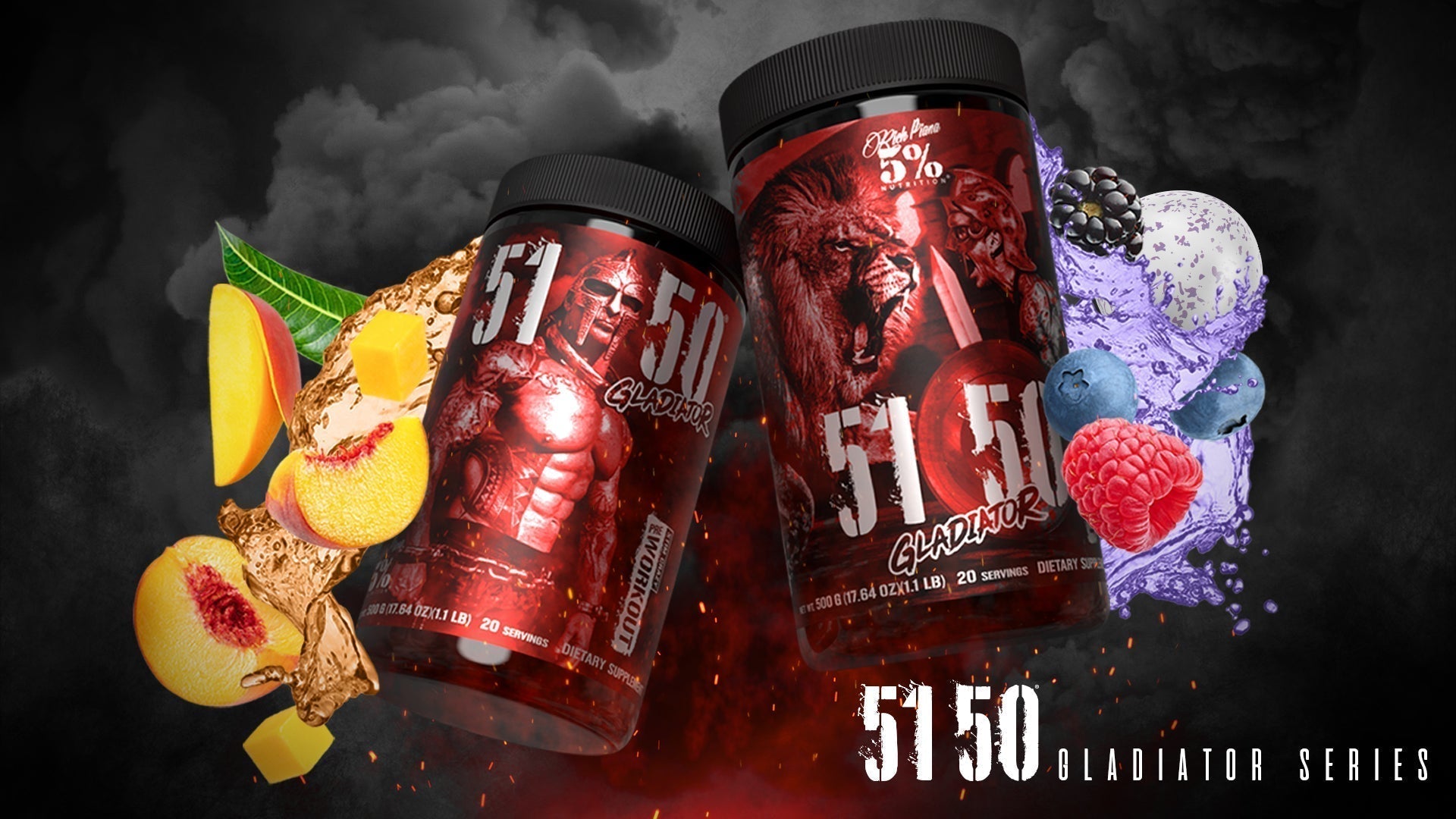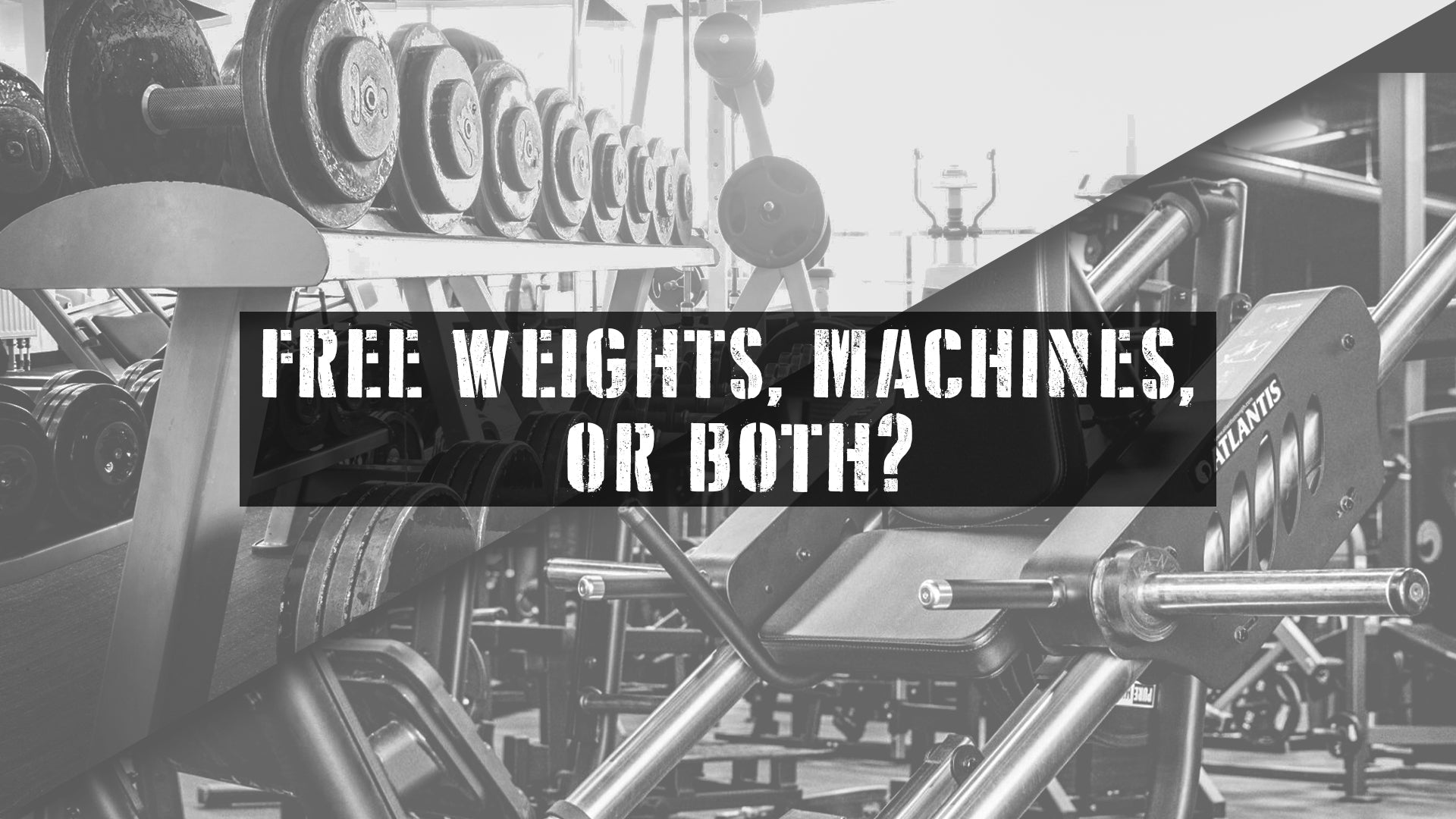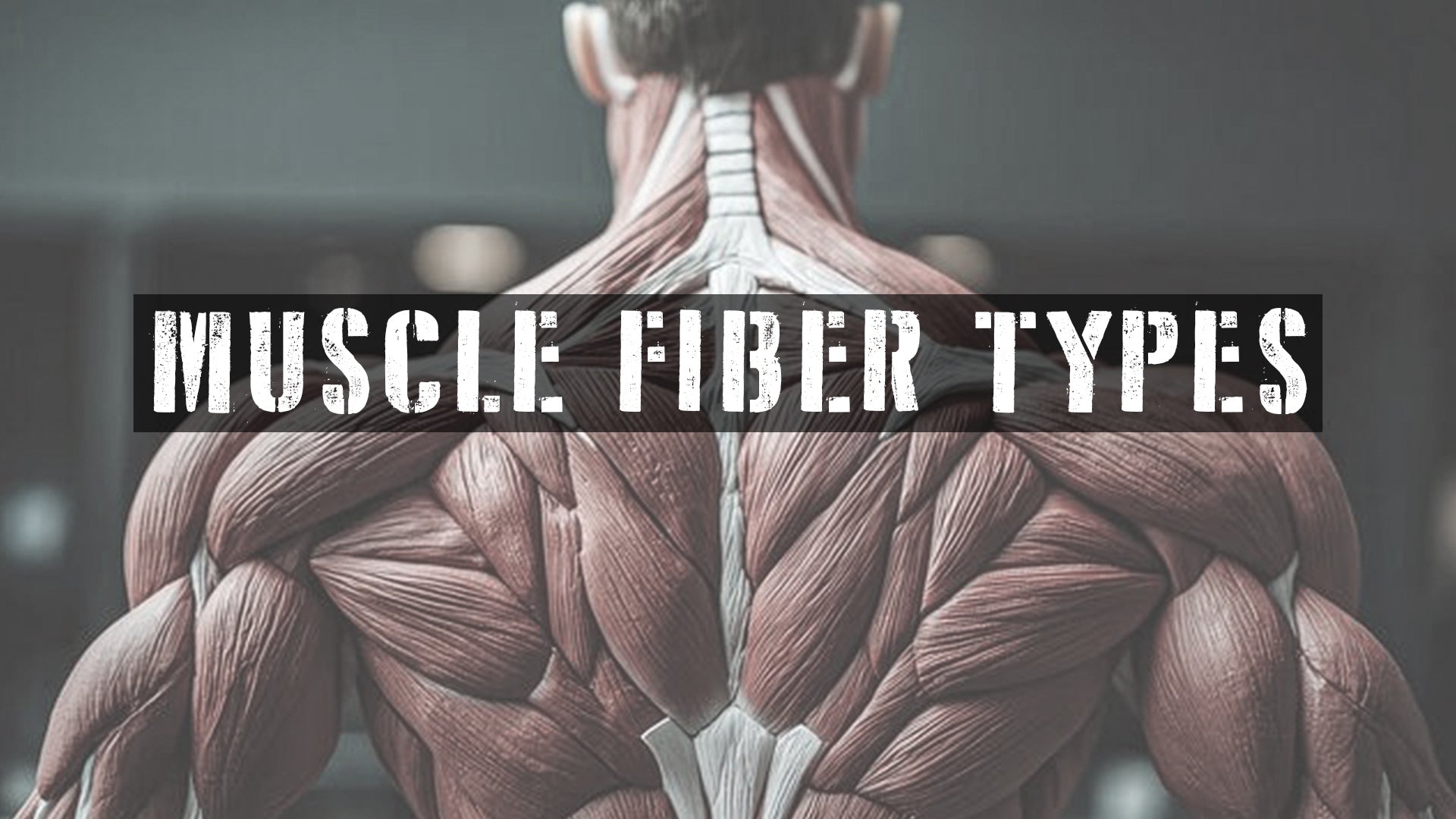Anyone who works out has the goal of gaining more muscle. Many lifters also have the goal of losing body fat. It’s common for lifters to dedicate certain periods of the year to each of these goals. However, the question is - can you lose and gain simultaneously? In other words, Does Body Recomposition Work?
Body Recomposition - What Is It?
Body recomposition is the attempt to change the composition of the body. It means losing body fat and building muscle at the same time.
Is Body Recomp Possible?
Right from the start, there’s a lot of debate about whether body recomposition is possible. The reason is that the dietary obligations required to gain muscle and lose fat contradict each other.
If you want to gain muscle, you need to be in a calorie surplus, which means you need to eat more calories than your body requires. The extra calories are then available for muscle growth.
Of course, losing body fat means you have to eat fewer calories than your body requires. When this happens, your body can use stored fat for energy.
Obviously, you can't be in a calorie surplus and calorie deficit at the same time. For this reason, most authorities feel you can’t gain muscle and lose fat simultaneously.
Are There Any Studies On This?
One study looked at the effects of eating a high protein diet on body recomposition. This 8-week study compared the effects of a high protein (3.4g/kg) diet versus a normal protein (2.3g/kg) diet. Let’s break this down before we continue. A normal protein diet is defined as 2.3g per kg of body weight. If you weigh 200 lbs, that’s 200g per day. That’s the typical recommendation for bodybuilders and strength athletes. A high protein diet, in this study, is 3.4g per kg. That’s 309g per day. Either way, we’re talking about a high-protein diet.
To continue, test subjects performed a 5-day split routine with weekends off.
The test subjects came into this study with an average of 3 to 5 years of training experience. The results of the study suggest that test subjects following both diets increased lean body mass and decreased body fat percentage. However, the reduction in body fat was more pronounced in the high-protein group. Therefore, body recomposition may be possible. To help you eat plenty of protein for this goal, add Shake Time to your program.(1)
What About Calories?
As noted, there is one inherent problem with the idea of body recomposition. You can only lose fat when you're in a caloric deficit. Gaining muscle demands a caloric surplus. How can you solve this problem?
The answer is calorie cycling. You’ll need to know your maintenance calorie level. This is the amount of calories you must consume daily to maintain your body weight. If you are trying to drop body fat, stay below this number.
Here's how it looks. On training days, you will need to eat only your maintenance level of calories. By doing this, you'll have enough caloric energy for your workout. Real Carbs can make a big difference here. Have a shake about an hour to an hour and a half before you train, and right after you train, have a serving of Real Carbs + Protein. With this approach, you won’t gain unwanted weight. Then, on your rest days, stay below your calorie maintenance level. Of course, there are several 5% Nutrition products you can use to help you lose weight (fat).
Tips
- Track your calories. Break them down by macronutrient - how many grams of protein, carbs, and fat are you ingesting?
- The primary variable is your carbohydrate intake - increase protein and carbs if you’re losing too fast, and add protein if you’re not gaining muscle.
- If you don’t have enough training energy, add carbs. Remember to take in most of your carbs in the hours around your workout.
- Make sure you’re recovering between workouts
- Take your 5% Nutrition supplements!
Recap
So, does body recomposition work? While it is possible to use this approach, the tried and true method of specific bulk and cut cycles is the more accepted approach. This traditional approach is more likely to give you the results you’re looking for.
References:
1. Antonio, J., Ellerbroek, A., Silver, T. et al. A high protein diet (3.4 g/kg/d) combined with a heavy resistance training program improves body composition in healthy trained men and women – a follow-up investigation. J Int Soc Sports Nutr 12, 39 (2015). https://doi.org/10.1186/s12970-015-0100-0

